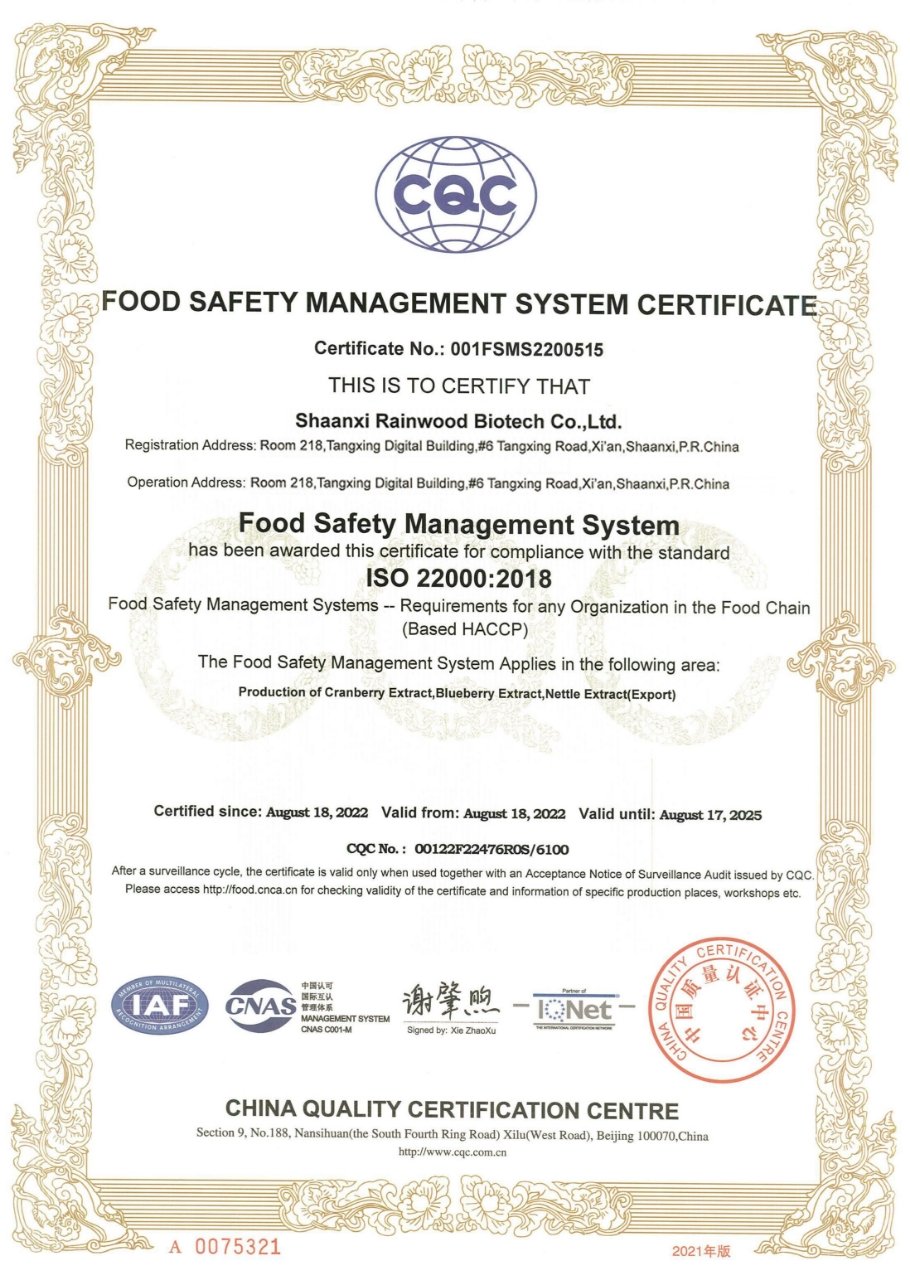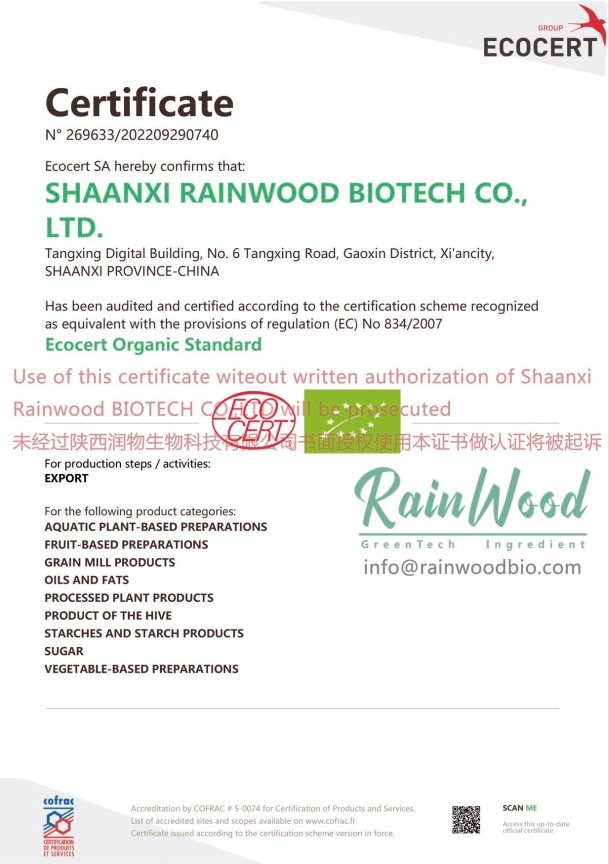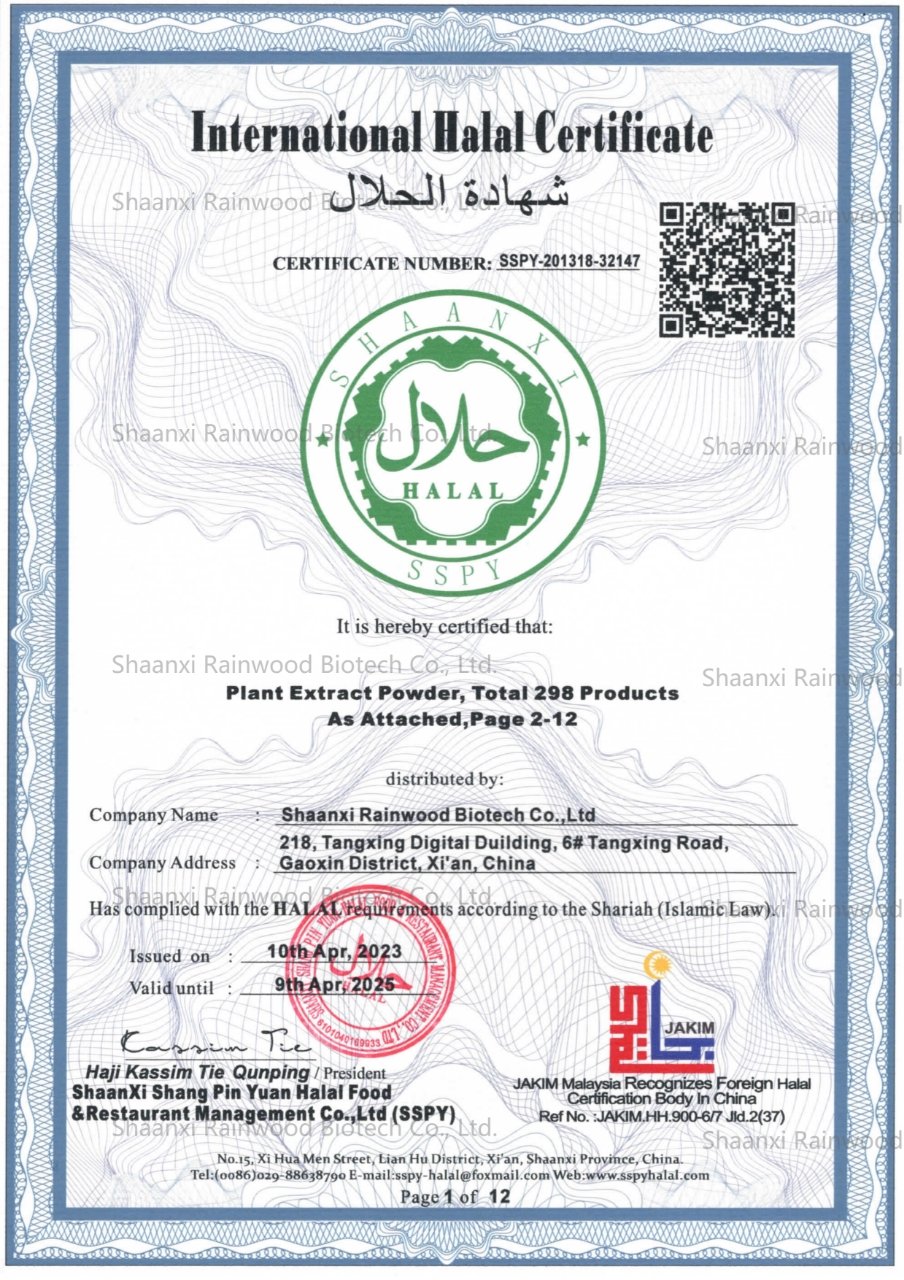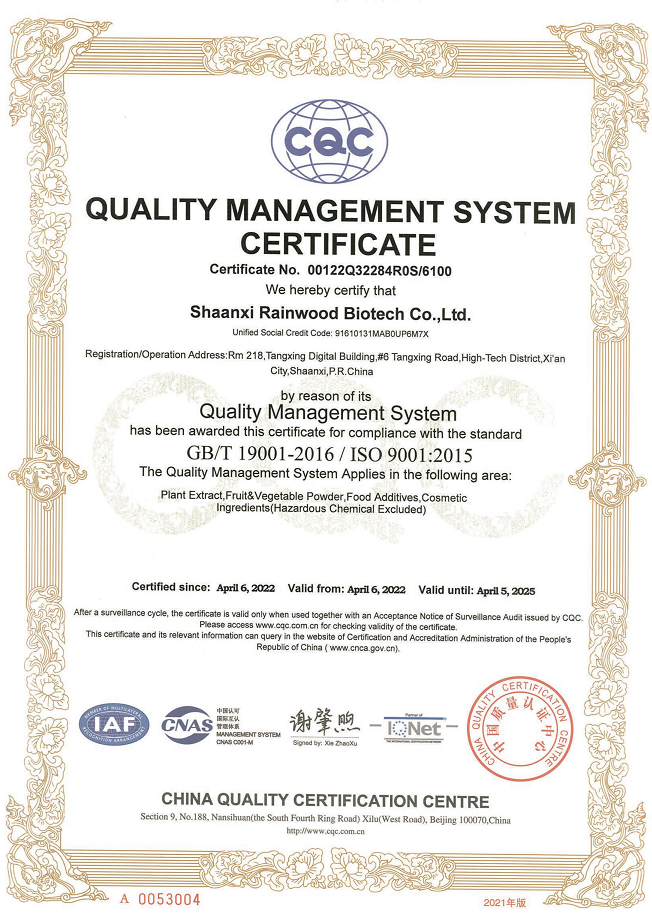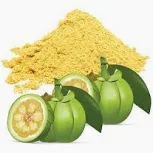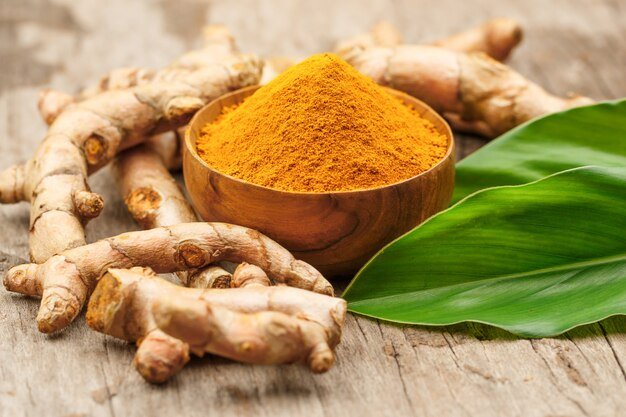Quercetin, a potent flavonoid, finds its nutritional prowess in an array of fruits and vegetables. Rich sources include citrus fruits, apples, onions, parsley, sage, tea, and red wine. This dietary gem, offering a range of health benefits, holds prominence in the fight against heart disease, cancer, and neurodegenerative disorders.

Unlocking the Quercetin Bounty: A Food Odyssey
Quercetin, a pigment within the flavonoid family, is a nutritional champion present in various food groups, such as vegetables, fruits, grains, tea, and wine. These flavonoids, celebrated for their antioxidant properties, combat free radicals, reducing the risk of chronic conditions like cancer and heart disease.
Quercetin: Abundant and Accessible
Onions, apples, grapes, berries, broccoli, citrus fruits, cherries, green tea, coffee, red wine, and capers stand out as common carriers of quercetin. This flavonoid, estimated at 10–100 mg daily intake per person, plays a vital role in promoting overall health and well-being.
Quercetin’s Versatility: Beyond Antioxidation
Quercetin transcends its role as a mere antioxidant; it is a multifaceted nutrient. Individuals harness its potential through various forms, such as powder and capsules. Whether aiming to boost immunity, fight inflammation, combat allergies, or enhance exercise performance, quercetin stands as a dietary ally.
The Quercetin Quandary: Oral vs. Topical Dilemma
While oral consumption lacks conclusive evidence regarding its direct impact on the skin, topical application emerges as a hero in enhancing antioxidant functions, providing UV radiation protection, and reducing inflammation. Consultation with healthcare professionals before oral supplementation remains imperative.

Unveiling Quercetin’s Dark Spot Elixir
In the quest to combat dark spots, researchers explore quercetin’s potential as a gentle alternative. Unlike harsh treatments, quercetin, rich in polyphenols, showcases promising anti-aging properties, providing hope for a kinder solution to this skin concern.
Quercetin in Skincare: A Soothing Symphony
Within the realm of skincare, quercetin assumes a role of a calming agent, offering relief and repair. Revered for its anti-inflammatory properties, quercetin’s integration into skincare products signifies a commitment to fortifying the skin against free radicals.
Quercetin’s Cardiovascular Symphony: Finding the Right Note
Quercetin’s cardiovascular impact is underscored by its presence in apples, honey, raspberries, onions, red grapes, cherries, citrus fruits, and green leafy vegetables. Onions, with their unique color and type, emerge as the primary vessel for quercetin concentration.
Tea Tales: Discovering Quercetin’s Haven
Black tea, rich in quercetin, emerges as a guardian against oxidative damage, potentially linked to atherosclerosis and cancer. Alongside onions, black tea stands as a formidable source of this flavonoid, contributing to the body’s defense against lipid peroxidation and LDL oxidation.
Apple Cider Vinegar: A Quercetin Enigma
In the realm of cardiovascular health, apple cider vinegar steps forward with its quercetin, acetic acid, and chlorogenic acid content. Linked to healthy blood pressure and cholesterol levels, apple cider vinegar emerges as a natural contender in the fight against heart disease.
Bananas: Nature’s Quercetin Reservoir
Bananas, beyond their delectable taste, harbor quercetin’s protective allies, kaempferol and quercetin. Extensively studied, these compounds offer a myriad of benefits, including cellular protection, inflammation reduction, and the prevention of various diseases.
In conclusion, quercetin unfolds as a nutritional marvel, seamlessly integrated into diverse dietary sources, offering a spectrum of health benefits that extend far beyond its antioxidant prowess.








